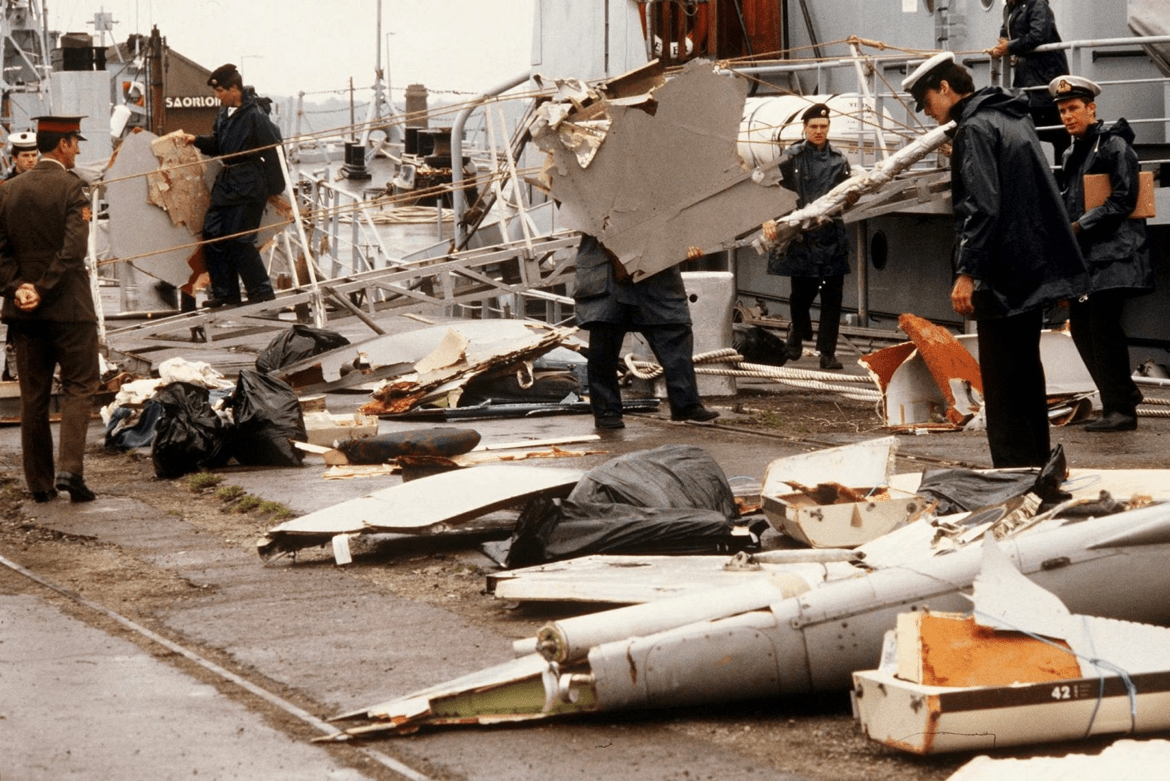AI Generated Summary
- While we may never have a definitive answer, the disappointment and dissatisfaction expressed by the Sikh and Indian diaspora suggest a perceived lack of urgency and dedication in the investigation.
- The Canadian government’s subsequent handling of the incident has also been a point of contention and disappointment for the Indian and Sikh diaspora, who feel that justice was not adequately served.
- The Kanishka bombing serves as a stark reminder of the devastating consequences that can result from ignoring or downplaying the threat of extremism.
The Kanishka bombing, also known as the Air India Flight 182 bombing, remains one of the deadliest terrorist incidents in the history of aviation. The tragedy occurred on June 23, 1985, when a Boeing 747 operating on the Montreal–London–Delhi route exploded mid-air off the coast of Ireland, killing all 329 people on board. The majority of the victims were Canadian citizens of Indian origin. This chilling act of terror was attributed to Babbar Khalsa, an extremist group advocating for a separate Khalistan state in Punjab, India.
The incident raises profound and uncomfortable questions about Canada’s stance towards extremist elements operating within its borders. Some argue that Canada’s permissive approach to these extremist factions contributed to this tragic event. The Canadian government’s subsequent handling of the incident has also been a point of contention and disappointment for the Indian and Sikh diaspora, who feel that justice was not adequately served.
In the lead-up to the bombing, Canadian intelligence agencies had received warnings about the potential threat posed by the pro-Khalistan extremist groups. However, these warnings were not acted upon effectively, resulting in a deadly oversight. Why did Canada fail to take these threats seriously? Some suggest that the country’s commitment to multiculturalism and tolerance may have blinded it to the potential dangers lurking within its borders. This tolerance, in turn, may have been exploited by extremist groups, leading to tragic consequences.
The Kanishka bombing was not only an act of terror against India but also a significant attack on Canadian citizens. Of the 329 victims, 280 were Canadian, most of them of Indian origin. This fact brings us to an uncomfortable question: did the victims’ ethnicity play a role in the perceived lack of thorough investigation into the incident? While we may never have a definitive answer, the disappointment and dissatisfaction expressed by the Sikh and Indian diaspora suggest a perceived lack of urgency and dedication in the investigation.
The aftermath of the Kanishka bombing left a deep scar on the Indian and Sikh diaspora in Canada. They felt let down by the Canadian government’s handling of the incident. Despite the scale of the tragedy, only one person, Inderjit Singh Reyat, was ever convicted in connection with the bombing. The lack of successful prosecutions has led to a feeling of injustice among those affected by the tragedy.
Adding to this sense of disappointment is the perceived ongoing support of Khalistan elements by Canadian politicians. This support is often seen as a vote-bank strategy aimed at garnering the favor of certain sections of the Sikh community. However, this approach is viewed by many as short-sighted and potentially harmful.
The Kanishka bombing serves as a stark reminder of the devastating consequences that can result from ignoring or downplaying the threat of extremism. It is essential for Canada, and indeed all nations, to strike a balance between tolerance and security. This balance is key to ensuring that such tragedies do not recur.
Furthermore, the perception of justice denied can have lasting impacts on a community. The Canadian government needs to reassure the Indian and Sikh diaspora that their concerns are taken seriously and that all citizens, regardless of their ethnicity or origin, are treated equally under the law.




